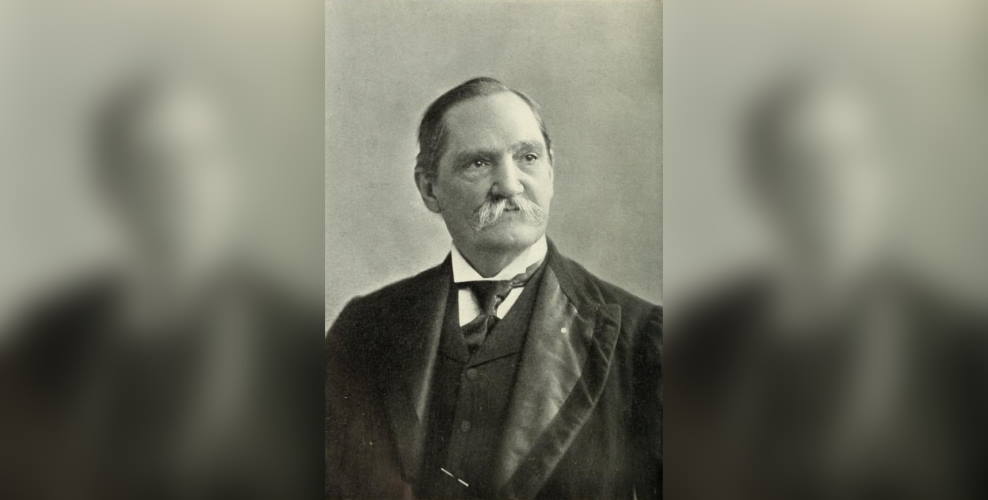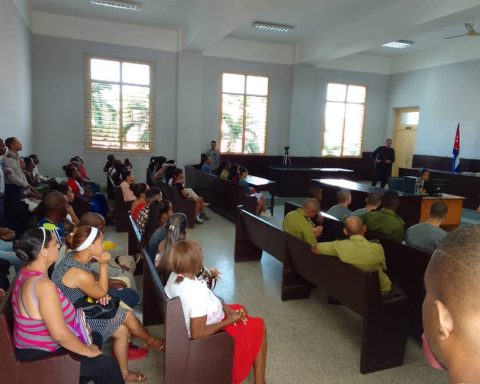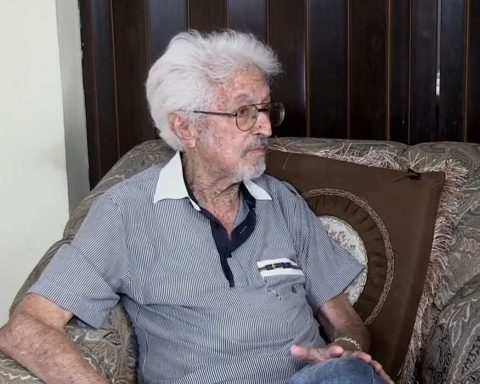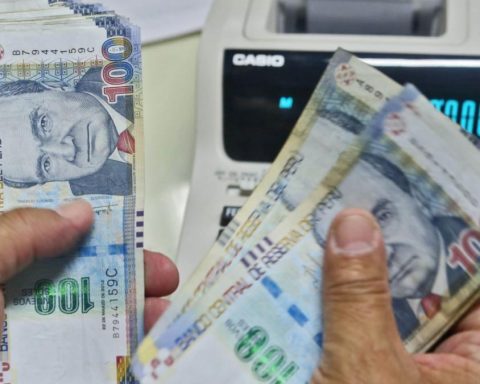Havana Cuba. — When political power rewrites history at its convenience, especially to justify future atrocities, some names are relegated to oblivion, or sunk in a pit of slander that discredits their merit and legacy in the eyes of new generations.
Such has been the case of Tomás Estrada Palma, a Cuban teacher and politician, who became the first president of the Republican Cuba founded in 1902. Before reaching this position, Estrada Palma had served as president of the Republic of Cuba in Arms between 1876 and 1877, a few months before the end of the Ten Years’ War. Together with Martí he founded the Cuban Revolutionary Party, of which he was Delegate after the death of the Apostle and until the end of the Necessary War, in 1898.
In the history books that respond to the Castro doctrine, Tomás Estrada Palma was one more of the “puppet governments”, another cuban sellout and traitor for having requested the North American intervention in 1906 to stop the uprising of the Liberal Party, which did not agree with his re-election for the presidency of the island. Perhaps Don Tomás made a mistake, but accusing him of being a traitor without putting such a delicate decision in context It is, to say the least, unfair.
The indoctrination imposed in Cuba since 1959 has not allowed the new generations to know that Estrada Palma took on the challenge of governing a country devastated by war, and did so with honesty and austerity, trying to stay on course towards the democracy dreamed of by José Marti. His alleged “servility” to the interests of the United States had less to do with personal ambitions or cowardice, than with the fact that the Republic of Cuba was born in a situation of dependency, devoid of resources, with a good part of its population sick and living in unsanitary conditions. Such was the result of four centuries of colonialism, three wars in the second half of the 19th century and General Valeriano Weyler’s reconcentration, which killed approximately 300,000 Cubans.
In the midst of such a complicated scenario, and convinced that Cuba should prosper without multiplying its debts, Estrada Palma promoted an economic policy based on generating more income than expenses. By 1905 the effectiveness of his plan was proven, reaching a surplus of more than 20 million dollars.
Perhaps it was this success that made him think that he could be re-elected at all costs, an intention that met with strong resistance from the opposition parties. His stubbornness provoked a popular revolt to remove him from power, and fearing the destabilization of the country, he called for US intervention.
That decision, undoubtedly questionable, was enough for Castro’s historiography to label him a traitor; but the facts themselves were much more complex at the time. Today, on the 114th anniversary of his death, it is a duty to remember his contribution during the wars against Spain and in the first years of a Republic that suffered no worse luck because its first president, Tomás Estrada Palma, although he was not a politician Seasoned, he was an honest man with a deep pro-independence conviction.
Receive information from CubaNet on your cell phone through WhatsApp. Send us a message with the word “CUBA” on the phone +525545038831, You can also subscribe to our electronic newsletter by giving click here.















